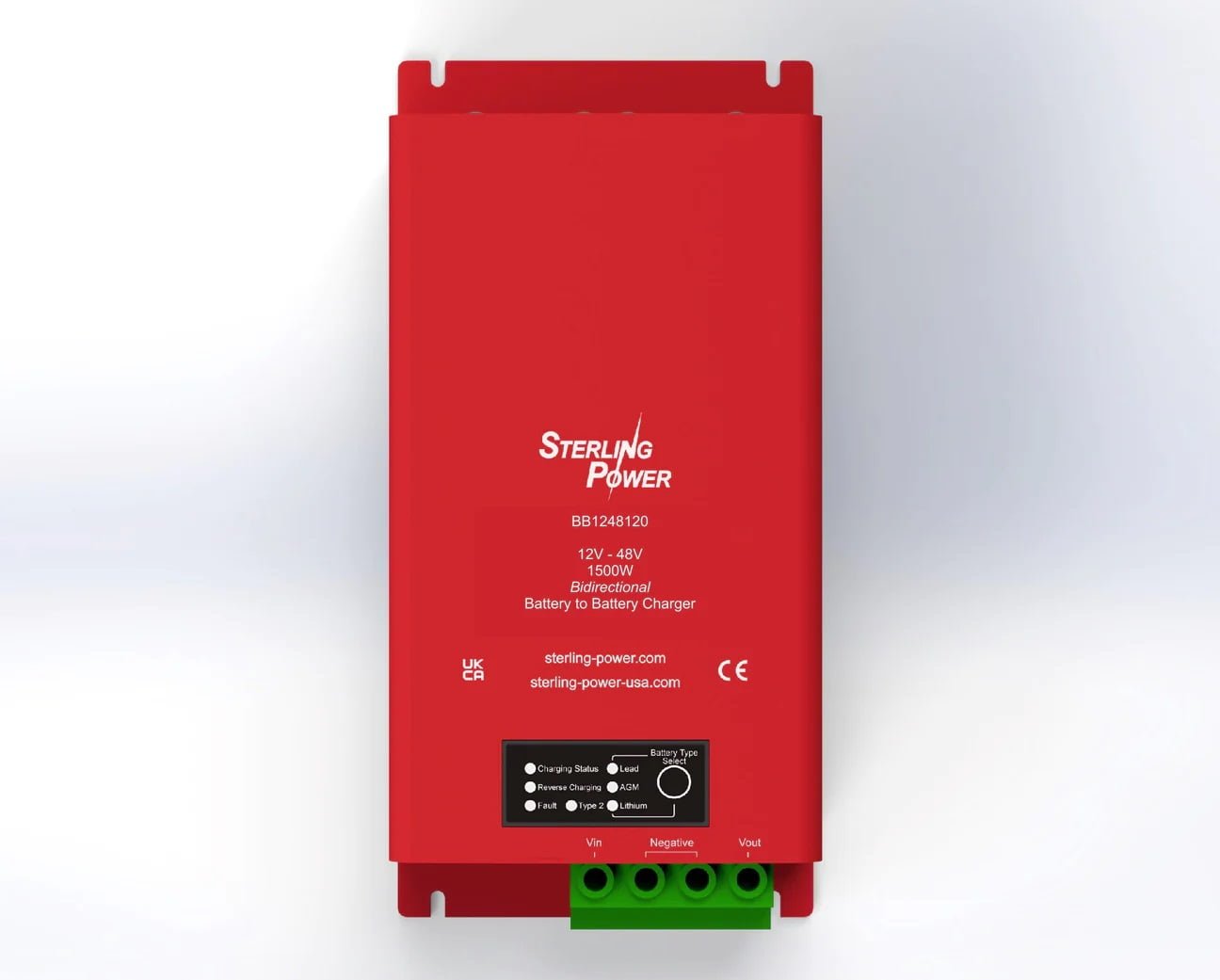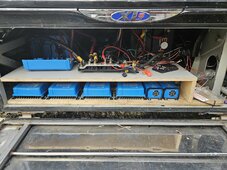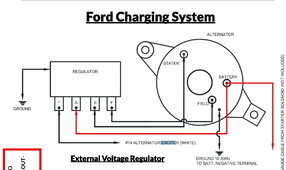HarryN
Solar Enthusiast
48V alternators are absolutely available and are becoming more and more popular. Winnebago and Storyteller Overland are going 48V. I just installed a 48V electrical system in a clients Sprinter van with a 48V alternator for charging. I will be doing the same system in my personal van. Check out Nations Starter alternator.
Same - except it was from a different supplier.
The tricky part of your setup is that your existing dual alternators might be working together under engine computer control. if that is the setup, the separating these Siamese twins can be a pain or nearly impossible.
48 volt mobile is quite a bit more demanding in terms of off the shelf parts vs 24 volt, so you really have to decide that you want it more than if the ROI makes sense.






